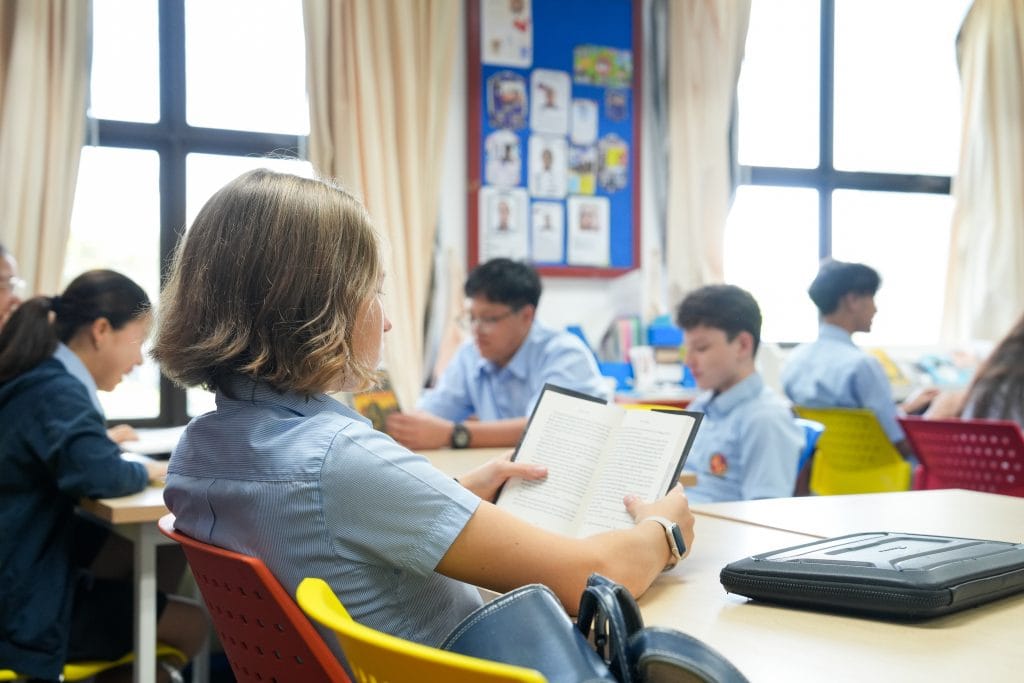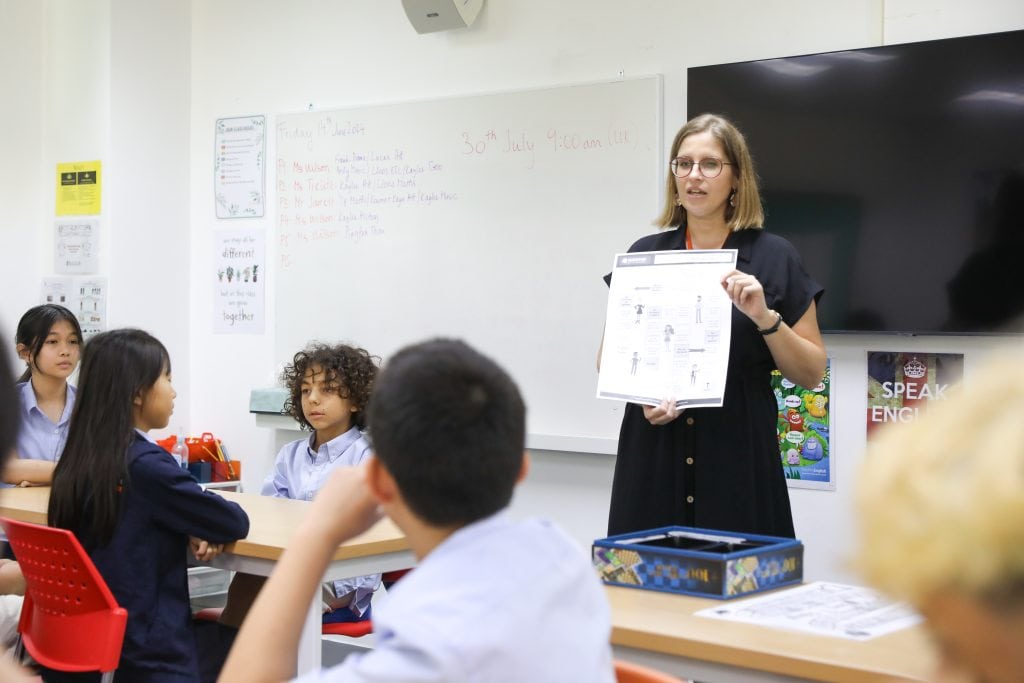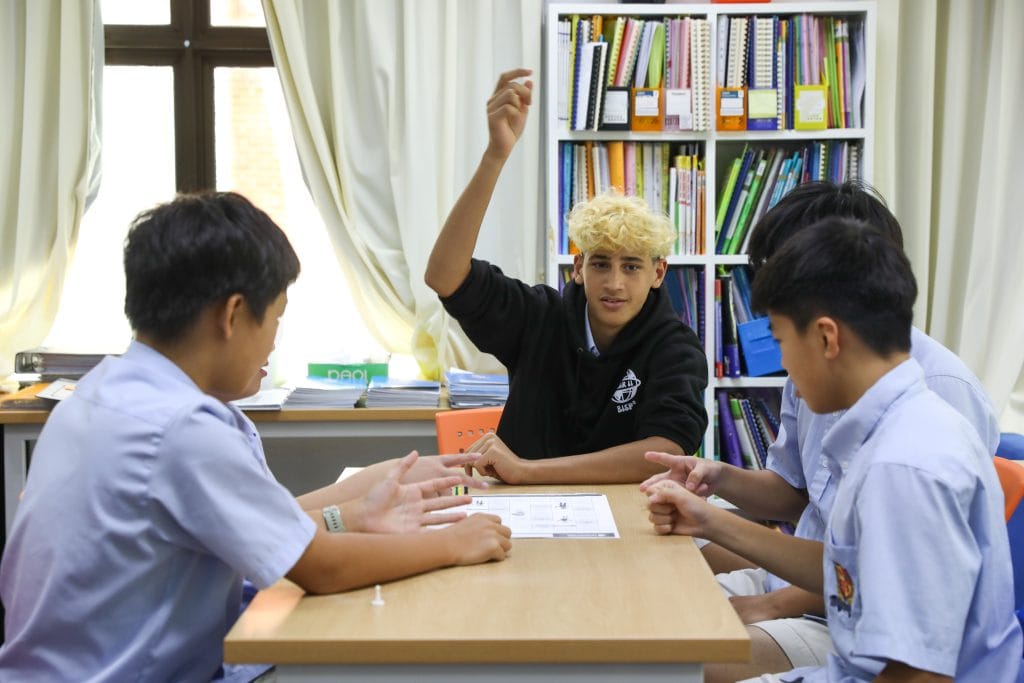English Language Acquisition (ELA)
Overview

Learning English at the British International School, Phuket, is essential for communicating with fellow students in the larger community and learning in the curriculum subjects. As a result, the school supports non-native speakers who need extra English language support, to develop their individual potential and give them equal access to the school programmes and learning opportunities.
ELA Programmes
Programmes are designed to create a supportive environment that enhances students’ communication skills and empowers them to engage with various texts effectively. The focus is on fostering independence and adaptability in English usage while continually monitoring progress and assisting students in applying learnt structures across different school contexts. This comprehensive approach equips students to tackle a wide range of academic challenges confidently.
We offer five programmes depending on the student’s English proficiency:
| Year Group | Programmes | English Proficiency |
|---|---|---|
| Primary Y1-Y6 | ELA | Entering-Expanding (CEFR Pre-A1-B1) |
| Year 7-8 | IEC | Emerging/Developing (CEFR A1-A2) |
| Year 7 | ELA and EE | Developing/Expanding (CEFR A2-B1) |
| Year 8 | ELA and EE | Developing/Expanding/Bridging (CEFR A2-B2) |
| Year 9 | ELA and EE | Expanding/Bridging (CEFR B1-B2) |
| Year 10 & 11 | IGCSE ESL | Expanding/Bridging (CEFR B1-B2) |
| Year 12 & 13 | IB English B HL | Bridging/Reaching (CEFR B2-C1) |
Specialised Teachers

The school employs specialised teachers with language acquisition training working with the Multilingual Learning Research Center (MLRC) to ensure the curriculum delivers the most up-to-date research on effective teaching methods, allowing our English Language Learners (ELLs) to develop their language skills at the fastest possible rate.
We understand that success in learning is tied to language development, so it is crucial to focus on enhancing social and academic competence. As a result, ELLs can access and succeed in the school’s curriculum.
Assessment and Connecting to the Mainstream Subjects

Before offering prospective students a place at the school, initial assessments evaluate whether English language support is necessary to access the curriculum successfully. Once this assessment is complete, we recommend a support programme that concentrates on individual specific language needs in all four language skills: listening, speaking, reading, and writing.
WIDA as well as Cambridge English Exams are used to assess students’ language proficiency stages. The ELA curriculum begins to align with mainstream subjects at the developing and expanding stages to provide relevant learning experiences, helping students connect language learning with their other academic pursuits.
During the bridging stage, the ELA curriculum effectively supports students to participate more actively in mainstream lessons. They receive targeted guidance and support to meet regular classes’ linguistic and academic demands, ensuring a smooth transition and continued success in their educational journey.
A student-centred approach
We ease the challenges of acquiring a language during our English lessons and create learning environments that increase ELLs’ sense of responsibility. Our student-centred approach is achieved through small groups, topic flexibility, and practising oral expression that contributes to a genuine personal involvement between teachers and students in a friendly, supportive environment. Furthermore, we focus not only on their language skills but also on the well-being of ELLs as we strive to ensure they settle happily and smoothly into an international school environment.

More Information

ELA Programmes
ELA Programmes
Learning Support
The British International School Phuket seeks to provide personalised and ongoing support that enables our learners to access learning inclusively.
Learning Support
